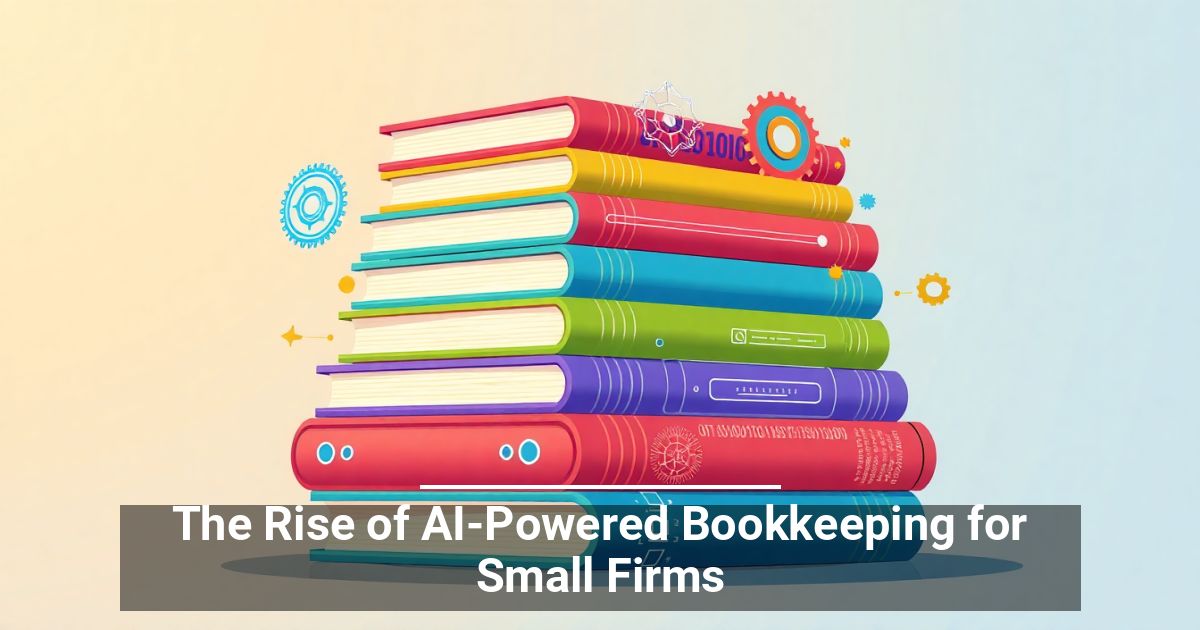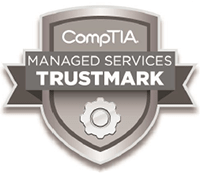 For some small businesses, traditional bookkeeping with manual data entry, error-prone calculations, and time-consuming reconciliations is the norm. However, advancements in technology, including AI-powered bookkeeping for small businesses, are giving more firms a greater chance at success.
For some small businesses, traditional bookkeeping with manual data entry, error-prone calculations, and time-consuming reconciliations is the norm. However, advancements in technology, including AI-powered bookkeeping for small businesses, are giving more firms a greater chance at success.
When companies combine small business finance operations with artificial intelligence, they can save time, minimize the risk of issues, and focus on growing their enterprises.
Automate Bookkeeping and More With AI-Powered Tools for Small Businesses
The problem with traditional accounting for small businesses is that it's time-consuming. Staff spend hours manually completing data entry, invoice processing, and reconciliations. Much of the work is repetitive, which increases the likelihood of errors.
Automated bookkeeping addresses these problems. AI tools like cloud-based accounting software are changing how small businesses manage their finances. They streamline bookkeeping processes and ensure accuracy by eliminating the need for manual data entry and calculations.
Generative AI is another way to embrace AI-powered bookkeeping for small businesses. Through it, companies can get instant access to citation-backed answers, help with decision making, and actionable, real-time financial insights.
Primary Drivers Behind Accounting AI's Surge in Popularity
AI features for bookkeeping, such as predictive analytics, transaction categorization, and automated invoice processing, are transforming how small firms manage their financial records. AI-driven bookkeeping tools have access to real-time data to ensure businesses comply with current tax regulations. They also make cash flow management more efficient.
Everything from chatbots for financial queries to automated reconciliation systems helps small firms identify fraud and make more informed business decisions. These factors contribute to the increased use of AI-powered bookkeeping tools for small businesses. Other driving factors include:
- Improved accuracy on reports: AI can catch errors that a person might miss. That, coupled with automatic calculations, helps eliminate human errors.
- Real-time capabilities: Accounting department personnel can get instant updates on financial details for the company and its accounts.
- Cost-effectiveness: Since AI-powered tools can drastically reduce the time a business spends on bookkeeping, firms will require less manual labor.
Essential Technology Revolutionizing Operations for Small Businesses
Certain AI technologies are becoming integral to bookkeeping, including:
- Blockchain technology: Blockchain technology technically isn't artificial intelligence. However, combining it with AI enhances data security, transparency, and audit trails.
- Machine learning algorithms: Machine learning algorithms recognize historical patterns to automate and improve data entry, ensuring accuracy and fewer errors in financial transactions.
- Predictive analytics: With predictive analytics, businesses can anticipate future trends and make informed decisions according to accurate forecasts.
- Natural language processing: NLP is a powerful AI tool that streamlines invoice processing by quickly pulling relevant details from documents.
- Robotic process automation: Like blockchain technology, robotic process automation works well with AI. Together, they manage repetitive tasks, like report generation, efficiently.
The Future of AI-Driven Accounting
As with other technologies, artificial intelligence will continue to evolve. Over time, AI-powered bookkeeping for small businesses will become more personalized to accommodate unique needs. Features like financial forecasting and integration with other business tools will continue to improve.
For small firms to stay competitive, they should embrace AI-driven bookkeeping. It's an excellent way to improve efficiency and increase the chance of long-term financial success.



